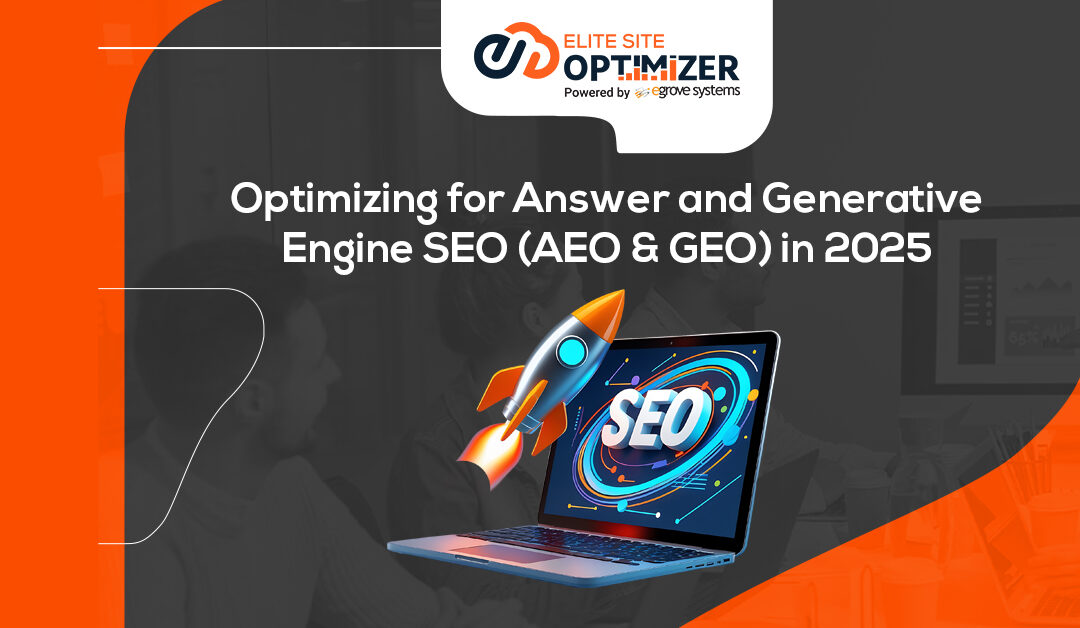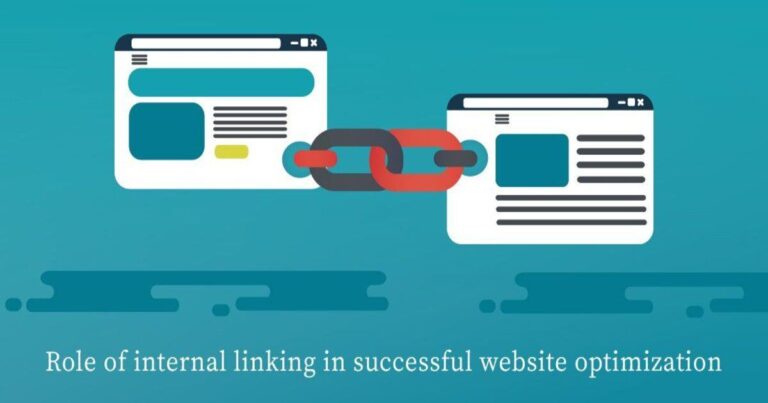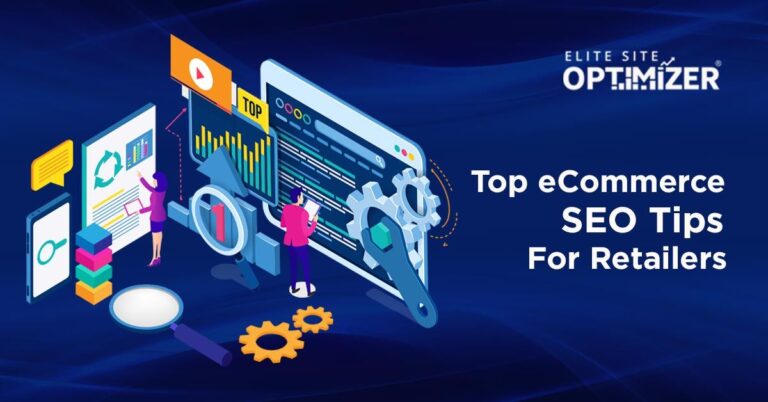The way people search is changing at a rapid pace. Just a few years ago, the primary focus of websites was to be optimized for Google’s blue links and other list-style links on the search result pages. Then came voice assistants, rich snippets, and AI-driven search boxes. In 2025, finding information is more about answer engines like ChatGPT, Perplexity, and Google’s Search Generative Experience compared to ranking high in search. Answer engines provide answers compared to links that lead to answers. Simultaneously, generative engines are creating contextually accurate, AI-powered answers by summarizing answers from multiple sources.
The impact of such change is reflected in the development of two new buzzwords: Answer Engine Optimization (AEO) and Generative Engine Optimization (GEO). They may sound techie, but at heart, the premise is simple. Rather than optimizing based on keywords, businesses need to optimize their content to allow AI-driven systems to access, comprehend, and present it as a trustworthy option.
Understanding Answer Engine Optimization (AEO)
AEO is one of the new ways in which Google assesses the usability of content, thereby impacting ranking for a website. It uses a framework to create unambiguous content that answers user questions in the clearest, most structured, and reliable way. Think about how you ask Siri, Alexa, and Google Assistant questions like ‘what is the weather in my city this week?’ or ‘share some banana bread recipes that are quick’, or what is the definition of a new concept that you came across. In such instances, you will see that the devices or platforms give you answers rather than presenting a list of websites from where you can get the answer you wish.
AEO is about ensuring your content is structured so that AI models or voice assistants can capture the correct snippet, provide a coherent explanation, and attribute it back to you. Aligned with these core objectives, the key components of AEO include:
- Question-based content: Creating FAQs, how-to guides, and definitions
- Structured formatting: Headings, bullet points, schema
- Authority building: Making sure people see your brand as credible/media outlets are only pulling answers from credible sources.
AEO is all about being the answer rather than a mere link to other information sources.
Understanding Generative Engine Optimization (GEO)
The other essential and new way in which Google search results are advancing is GEO. Generative engines do not simply provide a single fact as answer engines do. Instead, generative engines create synthesized content by drawing in from multiple credible sources, analyzing the context important to your request, and generating an amalgam explanation.
GEO ensures you have an opportunity to be incorporated into that AI-generated narrative. It moves beyond being quoted and to having an impact on what the generative AI response will look like in the end. This way, it differs from AEO and caters to improving results on Google SERPs. Some of the key aspects of GEO include:
- Emphasis on depth over keywords; AI engines reward thorough, thoughtful, and insightful content.
- Semantic richness; you should be looking to include all associated concepts, synonyms, and any context.
- Evidence-based content; you will also need to include credible data, copious studies, and statistics for AI to reference.
Why AEO and GEO Matter in 2025
AEO and GEO are changing the way SEO is done and the way it delivers results and impacts website or platform rankings in 2025. Here are some reasons why businesses need to upgrade their SEO and move to AEO and GEO:
- Instant answers. Scrolling through 10 links feels like the 90s. AI search is faster, more convenient and more conversational.
- Traffic patterns are changing. Instead of a user landing on 20 different sites, they may only interact with one result from an AI generated page. You will lose visibility if your content is not optimized for AI Search Engines.
- Trust is the new currency. An answer and generative engine will reward answers and conversations with credible high authority content. This will raise the bar on quality.
- Voice and chat based search is growing. People are not searching with keywords as much as they used to, but rather searching in natural sentences. Your content will need to match conversational queries.
Potential Challenges That GEO and AEO May Experience
Any new program or concept faces a lot of challenges when it is created. AEO and GEO are also expected to face several challenges, which may impact their adoption and longevity before another revamp in AI search optimization. Some of the most prominent challenges may include:
- Attribution problems: Will generative engines appropriately credit your website?
- Decreased CTRs: If users get complete answers from AI, they won’t visit the source.
- Adaptations at a constant rate: The pace at which AI algorithms will change will be rapid, necessitating ongoing updates.
But early adopters of AEO and GEO will now be early movers in the search results in an AI-driven search.
The Future Of SEO
SEO as we know it is not dead, but changing. In 2025, keywords are not enough. The real winners will be those who:
- Can start to predict questions that people will ask AI.
- Create deep resources that AI can trust.
- Establish themselves as the authority in a space.
It’s a shift from driving traffic from searches and ranking them to becoming a part of the answers.
Conclusion
Answer engines and generative engines will change how people discover information. There will no longer be competition for the first spots in Google; there will be competition to be the voice for AI-sourced answers. Following AEO and GEO models to emphasize clarity, structure, authority, and depth will help to ensure that your brand is relevant in a future where AI-sourced search mentalities are prominent. In 2025, AI will also have an effect on search optimization in that it is no longer a system to manipulate, but to help, build trust, be complete, and be helpful.







